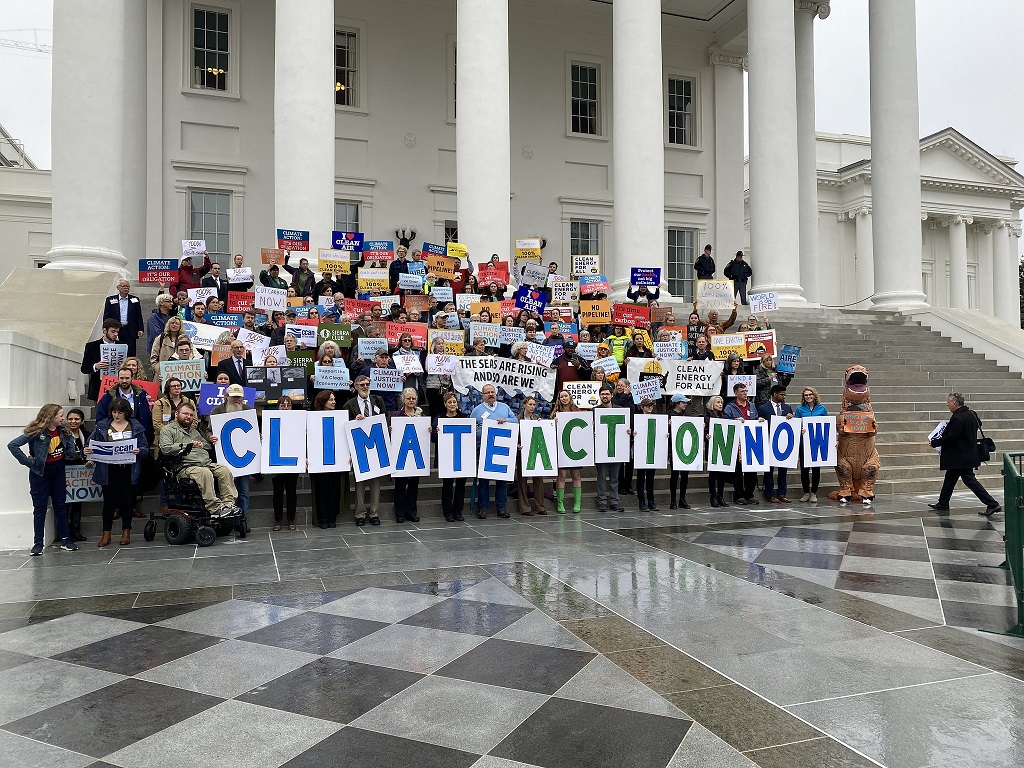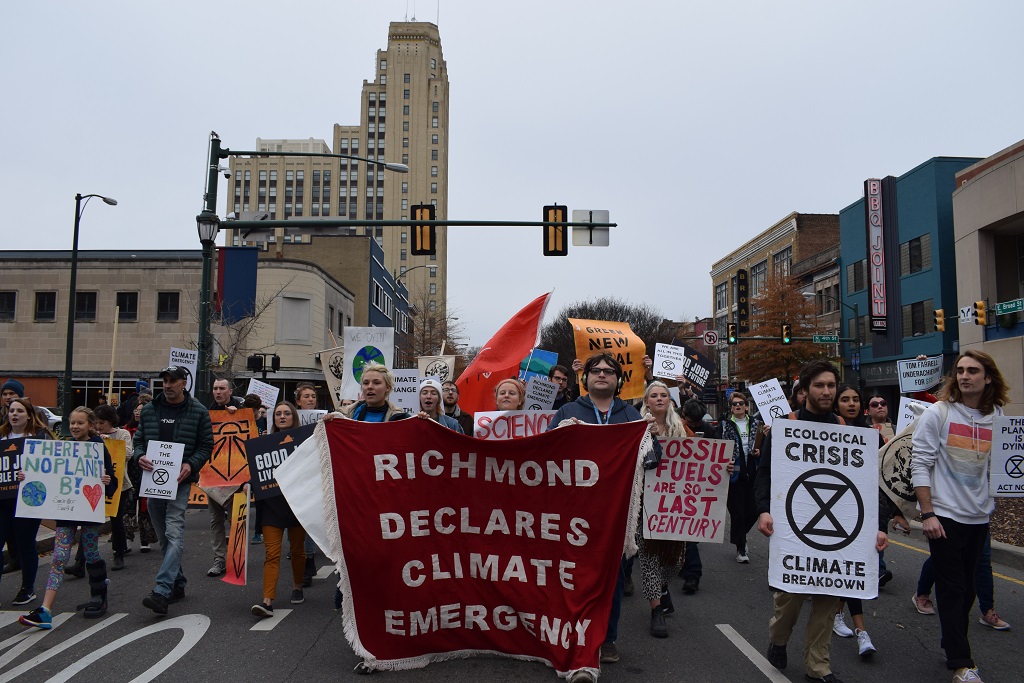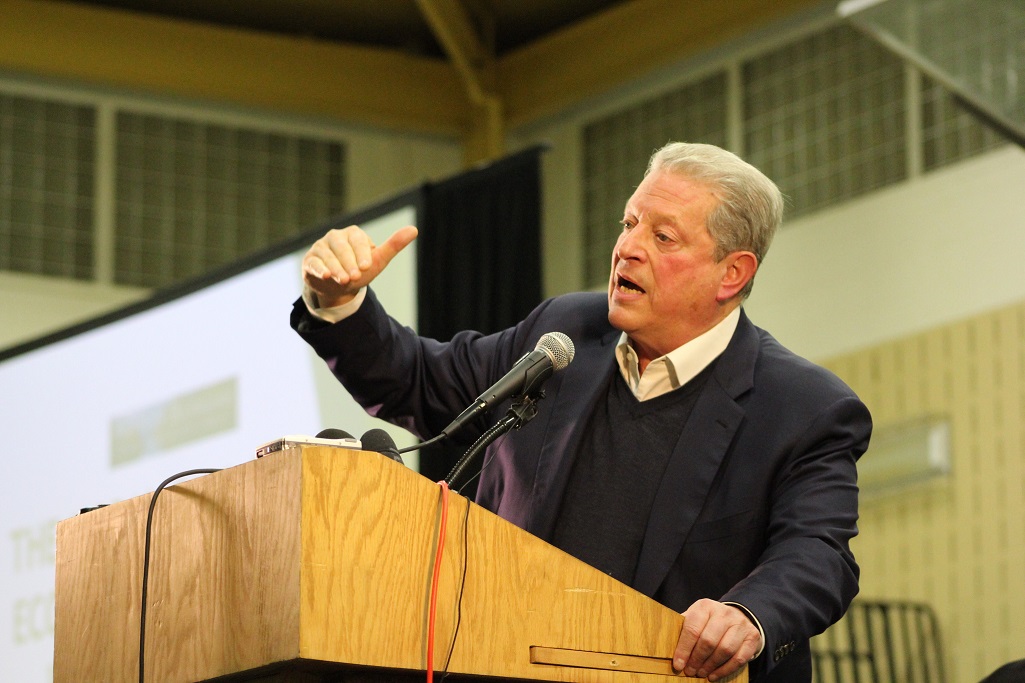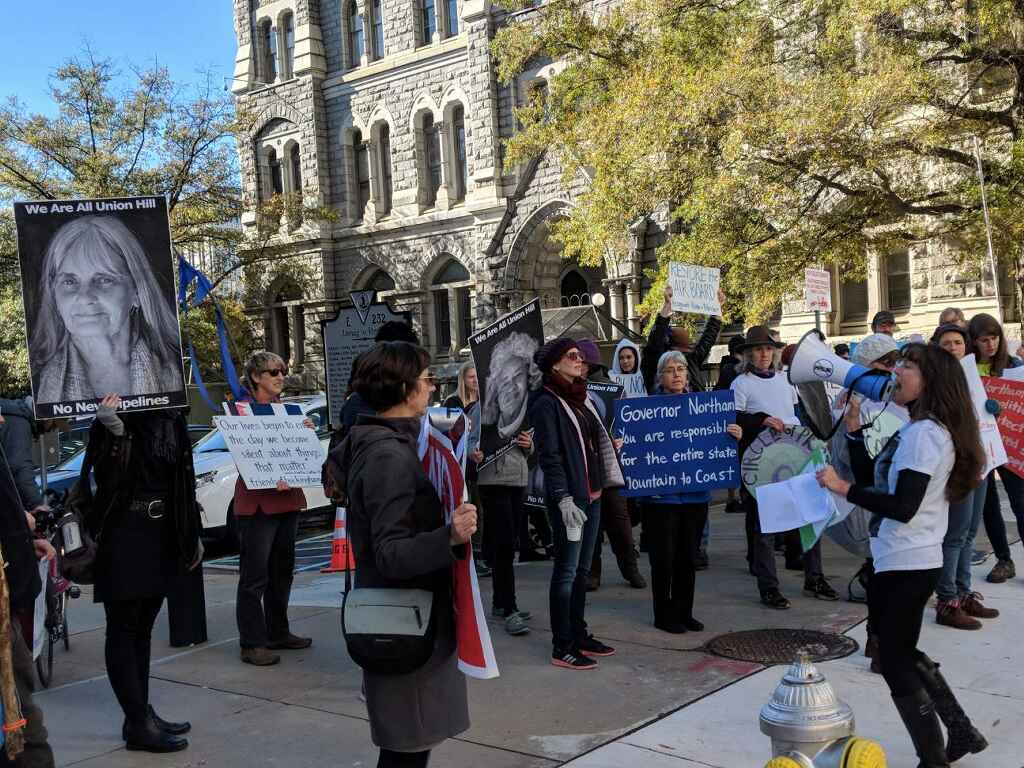Holy River's latest single, "Spirit Riot," spotlights the two-years-and-counting struggle of the Yellow Finch Forest Blockade and their work to shut down the Mountain Valley Pipeline. It also rocks. If you were to travel to the forests of Southwestern Virginia, you’d...





